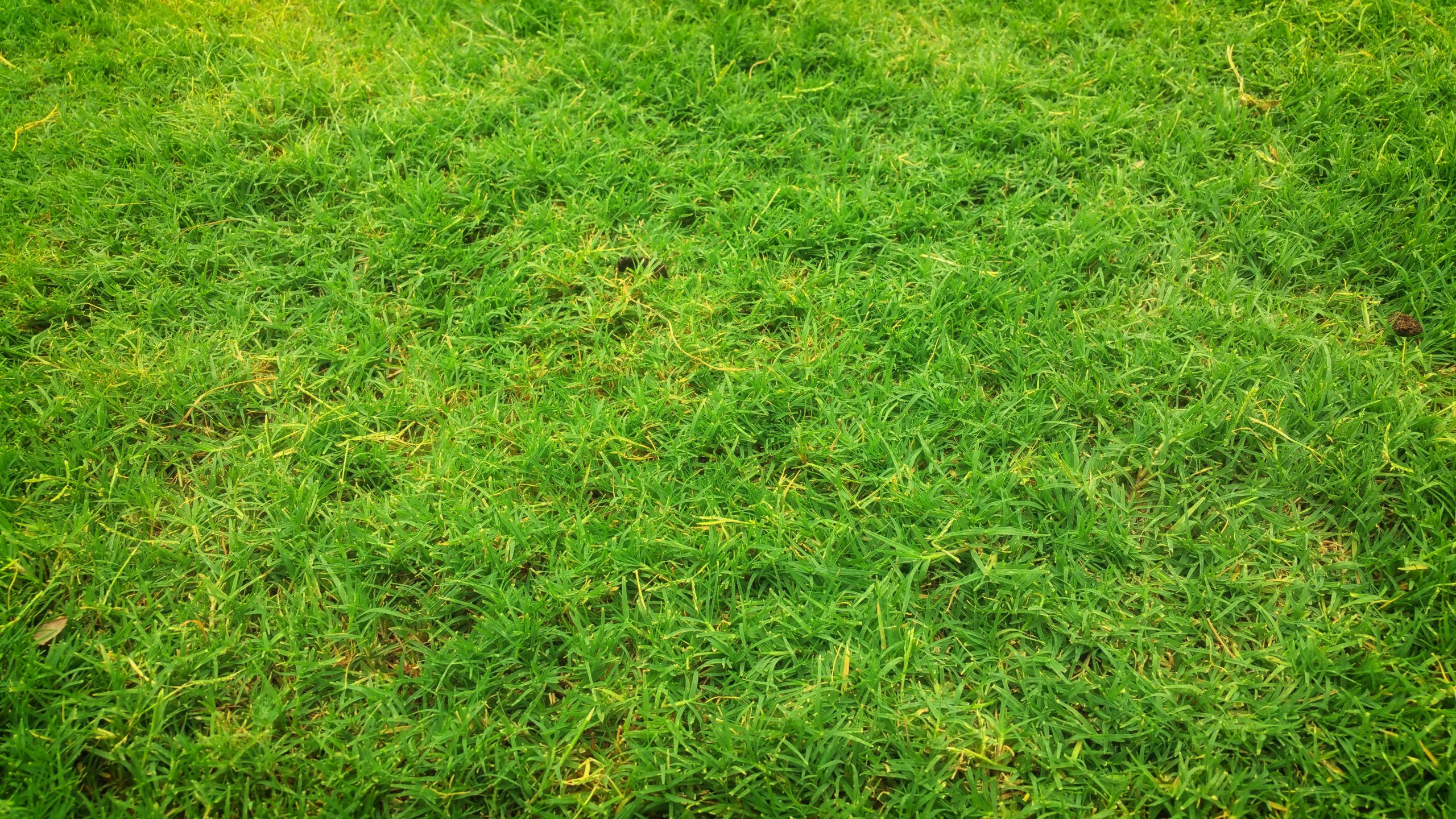Blowing grass clippings onto roadways in Texas is more than just an unsightly practice; it can lead to significant fines and poses serious safety hazards. While state laws may not explicitly prohibit this action, many local ordinances have been enacted to address the associated dangers and environmental concerns.
Safety Hazards for Motorcyclists and Bicyclists
Grass clippings on roads create slippery surfaces, especially hazardous for motorcyclists and bicyclists. The clippings can cause loss of traction, leading to accidents and injuries. Recognizing this risk, some Texas cities have implemented regulations to prevent such occurrences. For instance, in Lubbock, the city ordinance forbids intentional disposal of grass clippings, leaves, or other vegetation into any gutter, street, sidewalk, or other drainage device.
Environmental Concerns
Beyond safety issues, grass clippings contribute to environmental problems when they enter storm drains. These clippings can lead to blockages, resulting in localized flooding. Additionally, as they decompose, they release nutrients that can cause algal blooms in waterways, harming aquatic ecosystems. The North Central Texas Council of Governments emphasizes that yard waste left in streets can wash into storm drains and subsequently into local bodies of water without treatment.
Legal Implications and Fines
While the Texas Transportation Code mandates that public roads be clear of all obstructions, it doesn’t explicitly mention grass clippings. However, local jurisdictions have established ordinances to address this issue. In Fort Worth, for example, discharging anything other than stormwater into the Municipal Separate Storm Sewer System (MS4), including grass clippings, can lead to fines under City Ordinance § 12.5-302. Fines can be substantial, with some areas imposing penalties as high as $2,000 per offense.
Best Practices for Lawn Maintenance
To avoid legal repercussions and promote safety, consider the following practices:
- Direct Clippings Away from Roads: When mowing near roadways, ensure that grass clippings are directed back onto your lawn. This not only keeps the streets clean but also returns valuable nutrients to your grass.
- Collect and Compost: Use a bagging attachment to collect clippings and add them to a compost pile. Composted grass clippings can serve as a nutrient-rich soil amendment for gardens.
- Mulching Mowers: These mowers cut grass into finer pieces, allowing them to decompose quickly and nourish the lawn, reducing the need for chemical fertilizers.
- Stay Informed: Familiarize yourself with local ordinances related to yard waste disposal to ensure compliance and avoid potential fines.
Community Awareness and Reporting
Community involvement plays a crucial role in addressing this issue. Residents are encouraged to educate their neighbors about the dangers and legal implications of blowing grass clippings onto roads. If you observe violations, consider reporting them to local authorities to help maintain safe and clean neighborhoods.
Conclusion
Blowing grass clippings onto Texas roadways is a practice fraught with safety risks and environmental concerns. While state law may not explicitly prohibit it, numerous local ordinances have been established to address the issue, often accompanied by significant fines. By adopting responsible lawn maintenance practices and staying informed about local regulations, residents can contribute to safer and cleaner communities.
(Source: newsbreak.com)


